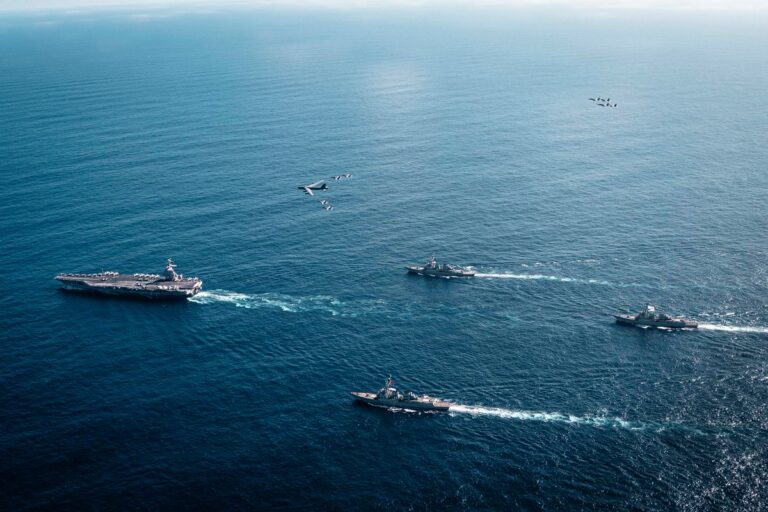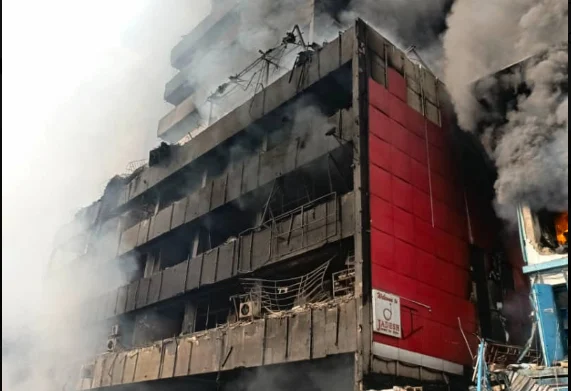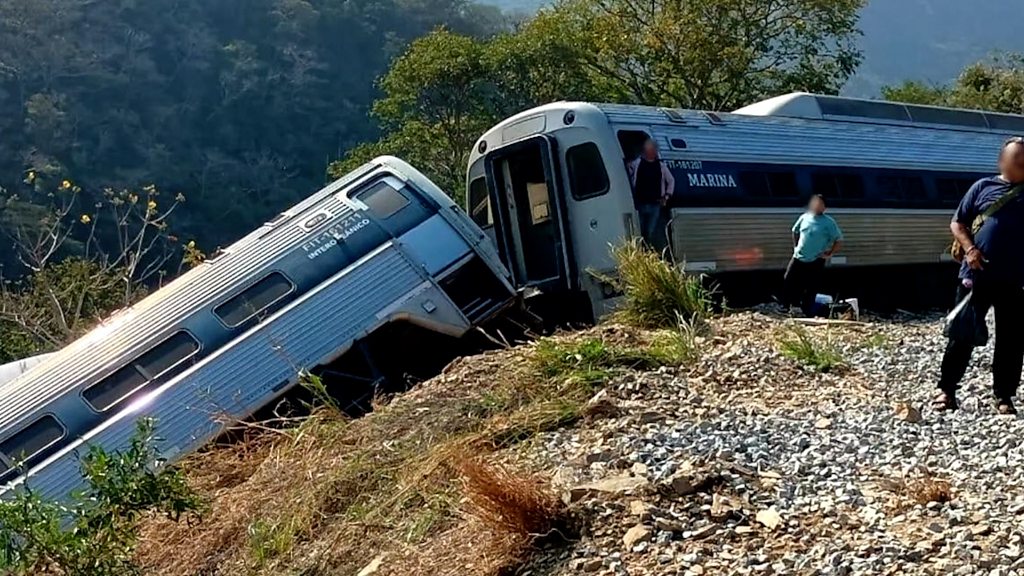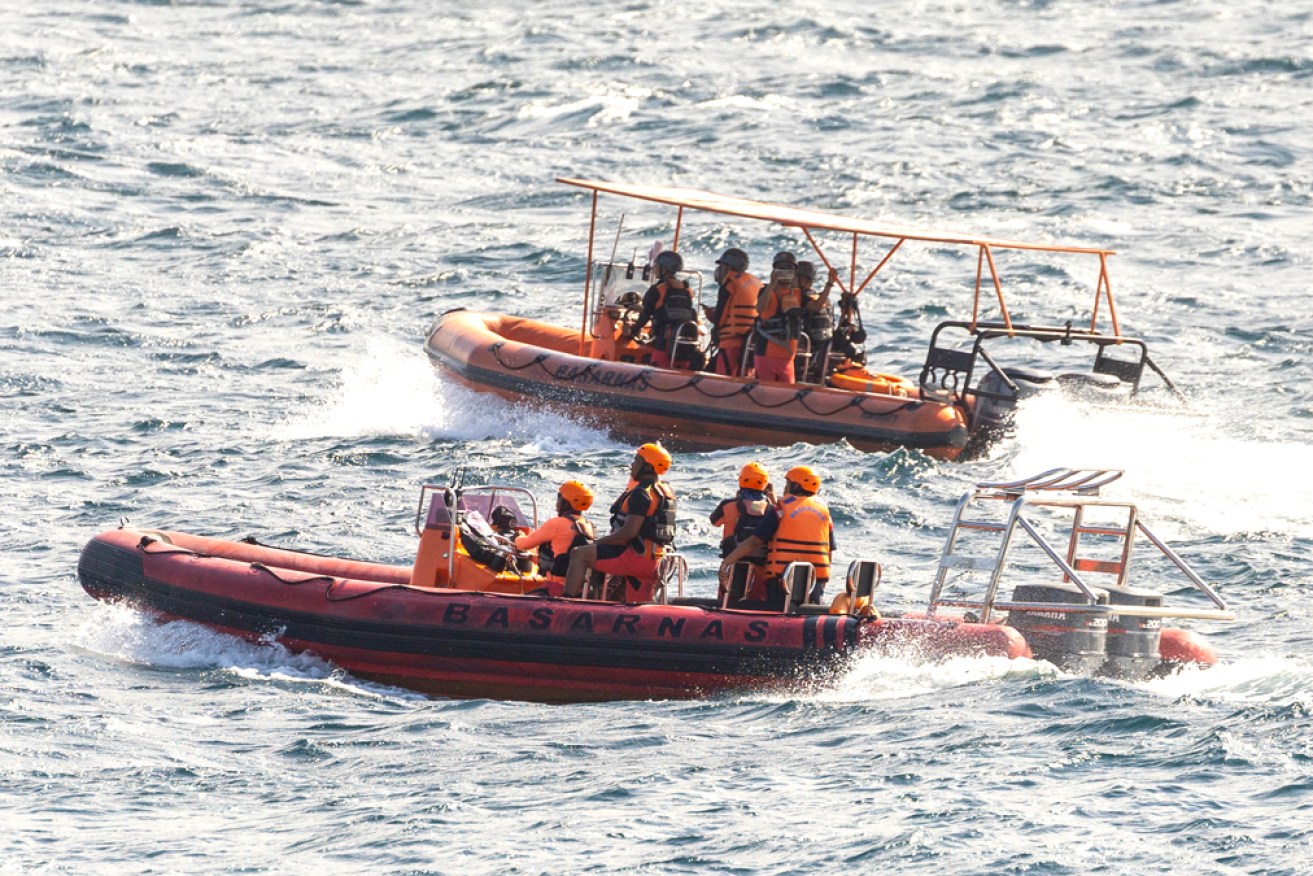United States Military confirms its 20th strike on alleged drug-trafficking boats, raising fatalities to 80 as questions grow over targeting and identification.
The United States military has intensified its campaign against suspected drug-trafficking vessels in the Caribbean, carrying out its 20th strike this week, a Defense Department official confirmed on Thursday November 13, 2025. The latest operation, which killed four people aboard an alleged smuggling boat, underscores Washington’s heightened effort to curb narcotics shipments moving toward US shores.
The strike brings the total death toll in the campaign to 80, a figure that has raised concerns among some analysts and human-rights observers about transparency, accountability and the rules guiding these missions. US officials say the operations form part of a broader strategy to disrupt the maritime routes used by drug networks. These smuggling corridors, long known to international law-enforcement agencies, have grown increasingly active in recent years as traffickers shift tactics.
According to information previously reported by CNN, the military has deployed a range of assets, including fighter jets, drones and heavily armed gunships, to locate and neutralize vessels identified as potential drug-carrying boats. The Pentagon argues that such strikes are necessary to impede traffickers who often travel in fast, lightly crewed boats that evade interception and pose risks to US and regional security.
However, Trump administration officials have acknowledged that the identities of individuals aboard these boats are often unknown at the time they are targeted. They argue that the nature of maritime interdiction operations—frequently conducted at night, in open waters and under time-sensitive circumstances—limits the ability to verify who is on board before a strike is authorized.
Read Also: Colombian President: Calls Trump ‘Barbarian’ Amid Drug Dispute
Critics say this uncertainty increases the risk of killing fishermen, migrants or other civilians who may inadvertently cross paths with military surveillance systems. Some international legal experts have urged greater clarity on the criteria used to designate a vessel as a valid military target, noting that the Caribbean is home not only to smuggling activity but also to legitimate fishing fleets and commercial transport.
US officials maintain that the operations are vetted through strict internal review and that commanders act on intelligence gathered through multiple sources. They insist the strikes are aimed only at vessels demonstrating patterns associated with drug trafficking, such as evasive maneuvers, lack of identification, and known smuggling routes.
In the region, governments monitoring the campaign have expressed mixed reactions. Some Caribbean officials say the operations could help reduce the influence of transnational criminal groups. Others warn that aggressive maritime actions risk escalating tensions in border waters and could unintentionally harm local communities.
As the campaign continues, pressure is growing on Washington to provide more public information about how targets are selected and what safeguards exist to prevent wrongful casualties. For now, the Pentagon has given no indication that the pace of operations will slow, signaling that the US intends to maintain its expanded maritime posture in the Caribbean.










